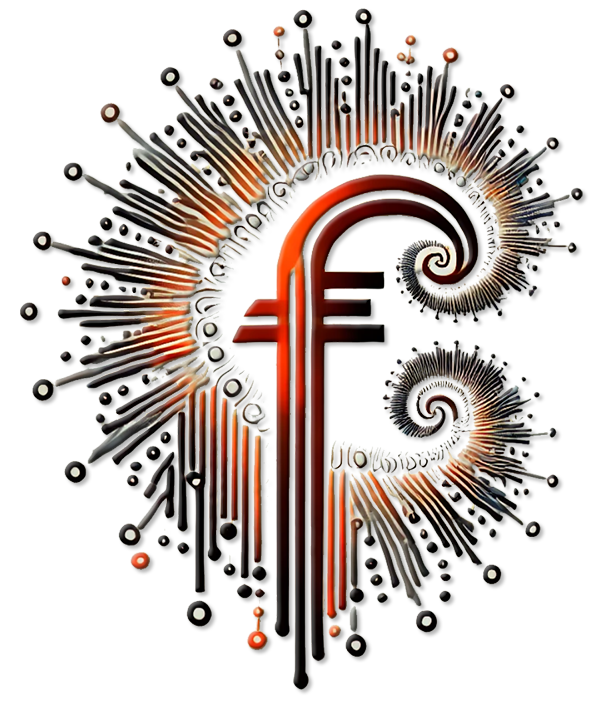
The Key and all Options must be identical to the Transform to successfully Extract!
Unlimited Key Space
The Key Space selector sets the total number of bits used for the key.
Under the hood the key is expanded with iterations of SHA512 hashes until required key space is achieved (the FES component accepts raw keys of any size).
Required Key Space precision is achieved by expanding the number of Mandelbrot dimensions, each dimension adding 112 bits of precision. There is no conceptual limit to the size of the Key Space; it has been tested to 4,480,000 bits (limited to 57,344 bits here).
Compare maximum 256 bit AES with configurable and unlimited bit FES Key Space:
Key Space Explorer |
|
|---|---|
| Key Space | Key space bit size |
| Dimensions | Number of Mandelbrot dimensions |
| Number of Possible Combinations |
|
Fractal Transformation Precision
Transformation Precision is the same as the Key Space selected.
The Transformation Precision is achieved by scaling the number of Mandelbrot Dimensions. The possible number of Mandelbrot Dimensions is logically unlimited, limits are imposed by hardware memory and processors. Up to 40,000 dimensions have been tested, but in practical terms 512 dimensions is a likely maximum with a 57,344 bit key space.
Key Space identifies a multi-dimensional fractal portal. The Key is then discarded and does not act on the payload.
The payload is transformed by an infinitely complex multi-dimensional fractal stream that emerges from the portal.
Passes
The Passes selector sets the number of fractal transform passes applied to the payload. As the unique and infinitely complex Fractal Stream is unlimited, it can continue to transform the payload with as many passes as desired (limited to 7 passes here).
Scramble
Scramble activates cipher byte scramble using fractal stream value order.
Scramble is performed for each pass.
Overwrite
You can select one or more Overwrite Functions that overwrite the payload with the Fractal Stream:
- XOR: The default bit-wise cryptographic operator.
- Add: The payload and fractal stream byte values are added.
- Bit Split: Bytes are bit-split according to fractal stream values.
Each selected Overwrite Function shifts the payload into fractal stream, the payload ceases to exist.
Bit-split delivers additional diffusion and non-linearity. It should be used in combination with another function.
Verification
Cryptographers and pen-testers can use this demo to verify:
- Impenetrability of the cipher
- Inability to discern the key from the cipher
- Key/cipher asymmetry
- Zero algorithmic signature
- Cipher variance with key and option changes
- Total cipher variance with single bit key change
- Unpredictability, complexity and quality of cipher
